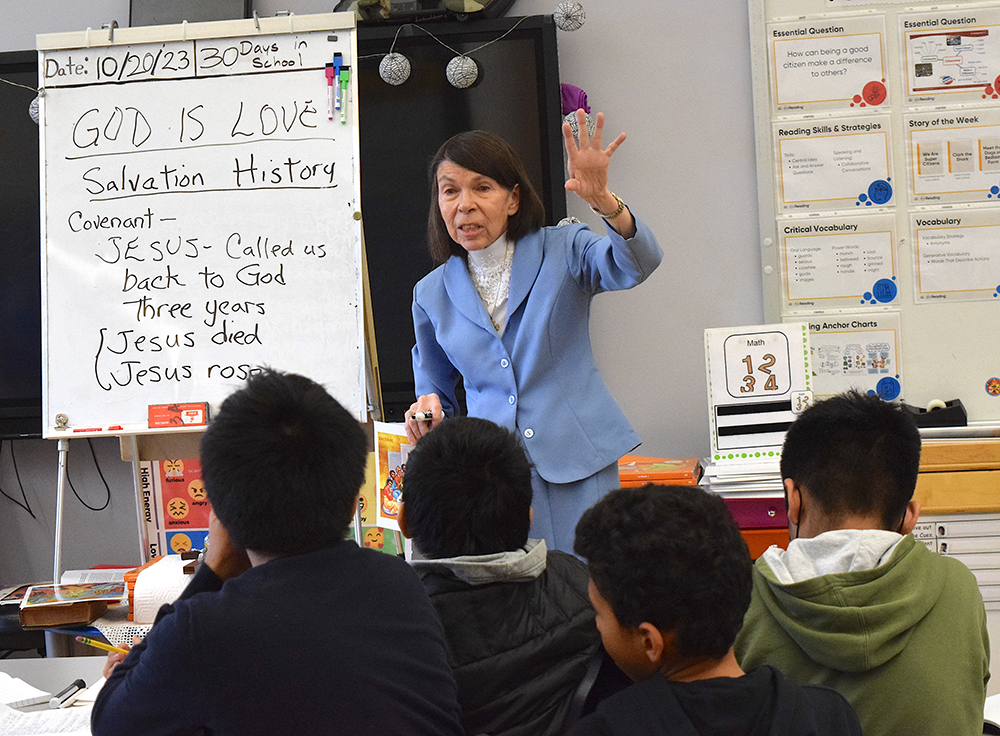
WOODSIDE — Dr. Elizabeth Lutas darts about the classroom, brandishing visual aids and peppering her students with questions, testing their knowledge of salvation.
Some of these junior-high catechism students from St. Teresa Parish in Woodside arrived bleary-eyed, but they’re starting to perk up.
The exchange is remarkable, in that Lutas is characteristically soft-spoken and self-effacing.
Later, she reverts to her humble demeanor and recalls how she once helped a girl be more vocal in class.
The student admitted to being shy, to which her teacher replied, “That’s OK, so am I.”
Lutas recently celebrated her 50th anniversary of teaching catechism. She has been an internal medicine physician for about the same time.
During the 1980s and 1990s, she was on the front lines of the AIDS crisis, treating patients at the old Saint Vincent’s Hospital in Greenwich Village.
On Sept. 11, 2001, she helped lead the emergency triage response during the terrorist attacks on the World Trade Center.
Those events happened while these Saturday morning students’ parents were children themselves. Many were students of Lutas.
Most of these next-generation students are enrolled in her class to prepare to receive the sacrament of confirmation next spring.
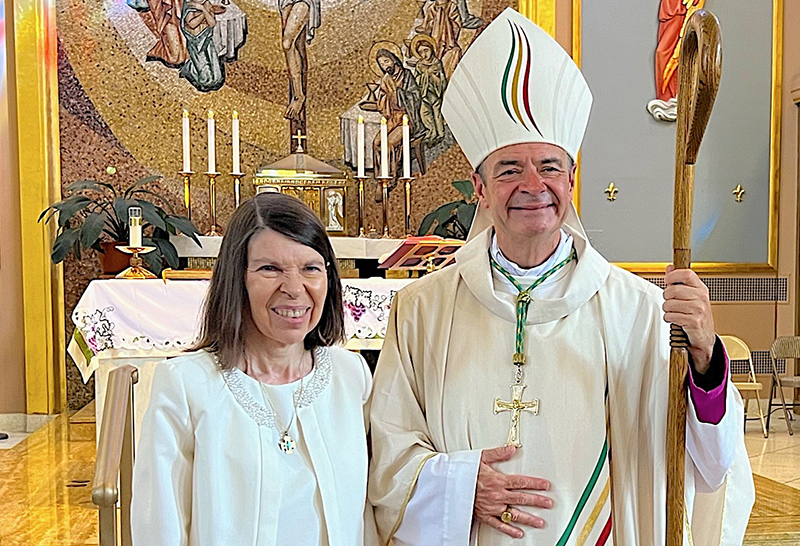
Lutas, 72, says teaching and working with patients challenges her to present a confident tone. “Otherwise, I’m not helping anyone,” she said.
She is the daughter of Slovakian immigrants — the late Michael (Mike) and Maria Lutas. She says they showered her with love rooted in their Catholic faith.
Lutas attended Mass regularly with them, which was a key influence because of her public school education. “I always say I was ‘homeschooled’ as far as religion is concerned,” she added.
Mike traveled to North America in 1926, searching for opportunity and planning to send for his family later.
He worked manual labor in Canada and the U.S. Still, his other plans were muddled by immigration quotas, the Great Depression, and World War II.
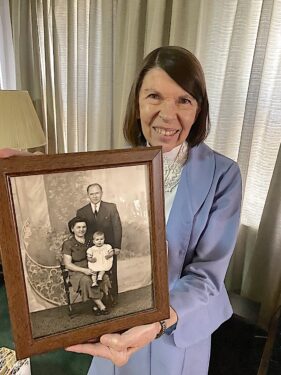
Some 20 years passed before the couple reunited and settled on the Lower East Side of Manhattan. Elizabeth was born in 1951.
Lutas says she nurtured a lifelong fascination with the medical field since her earliest immunizations. But while she knew she’d be a doctor, she never considered a lucrative private practice.
She aimed to serve the poor, marginalized, and shunned.
Lutas graduated with honors from New York University’s School of Medicine in 1976, and spent a few years in cardiac research at Cornell University Medical College.
Next, Lutas became an attending physician at Saint Vincent’s Hospital Community Medicine Program.
Saint Vincent’s was her base; but from 1988 through 2011, her job was to treat people in homeless shelters throughout New York City.
Meanwhile, Greenwich Village became “ground zero” for the AIDS epidemic in the U.S. More than 100,000 New York City residents died of AIDS complications, according to the nonprofit New York City AIDS Memorial.
Saint Vincent’s Hospital unhesitantly treated AIDS patients, and Lutas was actively involved. The AIDS mortality rate rapidly declined during the early 2000s with the arrival of AZT and other drugs.
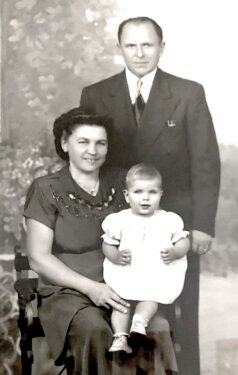
She also is a member of the board of trustees at Catholic Charities Brooklyn & Queens, which named a building after her in 2014.
The Dr. Elizabeth Lutas Center on Fulton Street in East New York houses CCBQ’s Brooklyn Homebase Homelessness Prevention Program and the East New York Family Support Center.
Msgr. Denis Herron has known Lutas since he became pastor at St. Teresa in 1999. Now retired, he and Lutas are longtime friends.
“She’s not just somebody who worked with the poor because she couldn’t get a better job,” Msgr. Herron said. “When the AIDS crisis came, and they were just learning what a specialty would mean treating AIDS and HIV, she became that specialist.”
He also notes that while Lutas is shy, she can be quite persistent, fighting for what she believes in, like a patient’s well-being.
“Elizabeth is willing to go the full length with somebody and to be there to help,” Msgr. Herron said. “If it was for a patient, she’d push.”
Msgr. Herron said she is an example of “Catholics at their best,” because of her commitment to the poor.
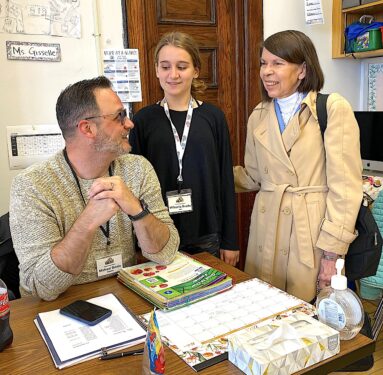
“With the work I do, I really do see Jesus in everyone,” Lutas said. “So my place of work is also a church.”
During class, Lutas reminded her students that God “created the world out of nothing” and sent his son, Jesus, “to take away our sins.”
She challenged them to explain why. “Think about that question,” she added. “What’s the word I tell you to answer if you don’t know?” Several students answer at once — “Love!”
Lutas smiled and pointed to a whiteboard where she earlier wrote, “God is Love.”
“That’s going to be on top of the board every week,” she said. “I want you to remember the other things, but this is what’s really important. And if you love God, you will love each other.”
